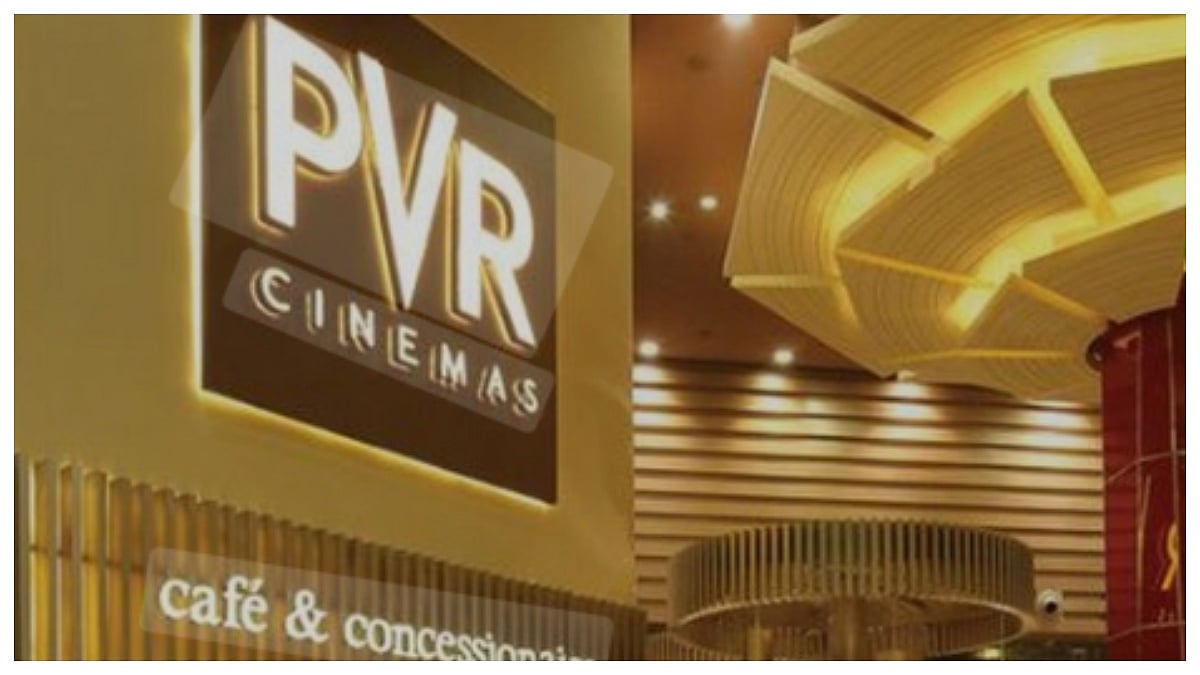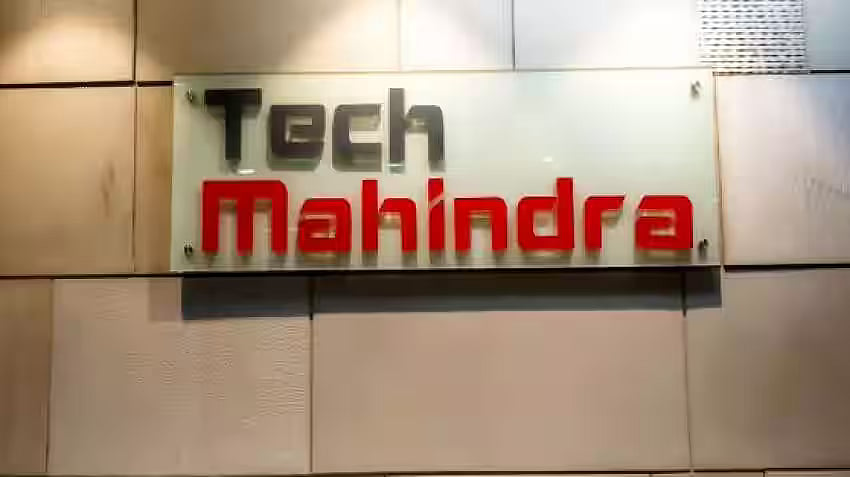Key Highlights:
- Ticket cap could reduce PVR Inox’s revenue by up to 2.2 percent between FY26–28.
- Premium formats like IMAX may no longer be financially viable under flat pricing.
- A legal challenge is likely, mirroring the overturned 2017 cap.
Bengaluru: The Karnataka government’s draft proposal to cap movie ticket prices at Rs 200 has stirred unease across India’s film exhibition sector, with multiplex leader PVR Inox facing the most significant impact. The proposed ceiling, currently open for public feedback, could severely constrain the company’s premium pricing strategy — especially in Bengaluru, a key urban market for high-end formats like IMAX and 4DX.

PVR Inox’s Growth Model at Risk
Karnataka houses 215 of PVR Inox’s 1,743 screens, making up 12.3 percent of its national footprint. Elara Capital analyst Karan Taurani estimates that the proposed cap could erode 3.7 percent of the company’s consolidated average ticket price (ATP), resulting in a 2.2 percent dip in revenue and a 1.8 percent reduction in EBITDA for FY26–28.
The flat nature of the pricing cap is especially damaging for premium experiences. Currently priced between Rs 600 and Rs 1,000 per ticket, these high-investment formats would struggle to deliver returns under a uniform Rs 200 cap, potentially forcing a rethink on further expansion.
Broader Concerns for Industry Sustainability
While the government argues the move is aimed at increasing accessibility and affordability, critics within the industry warn of unintended consequences. The price ceiling could deter investment in content-rich and immersive formats, pushing multiplexes to rely more heavily on food and beverage sales to maintain margins.
The policy also risks undermining the already fragile economics of single-screen theatres. These establishments may find it harder to attract viewers who now have cheaper access to better facilities in multiplexes, potentially accelerating their decline.











